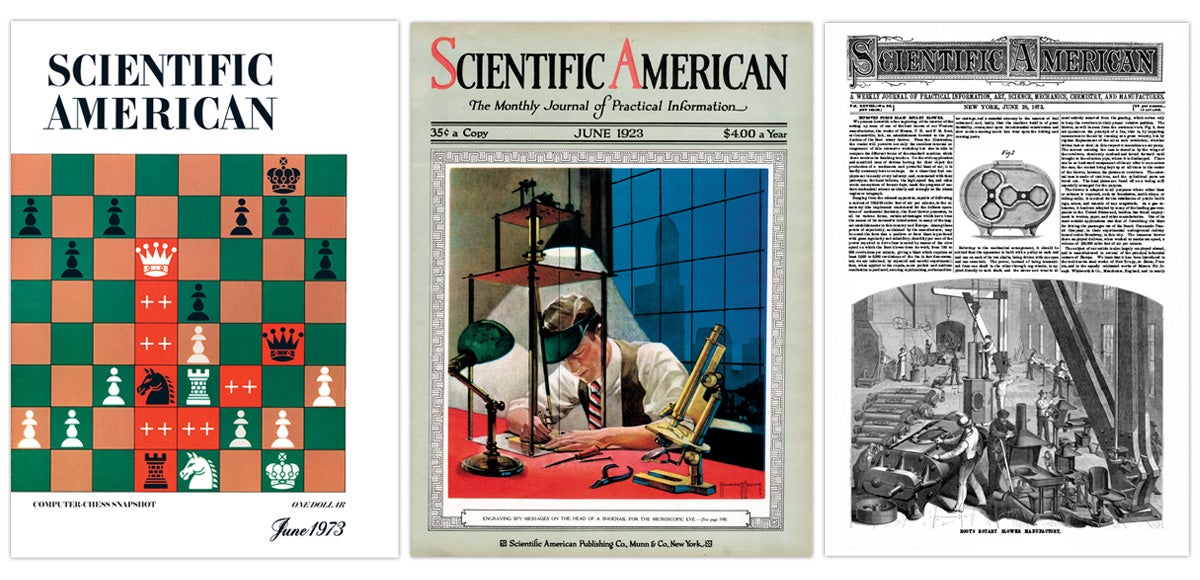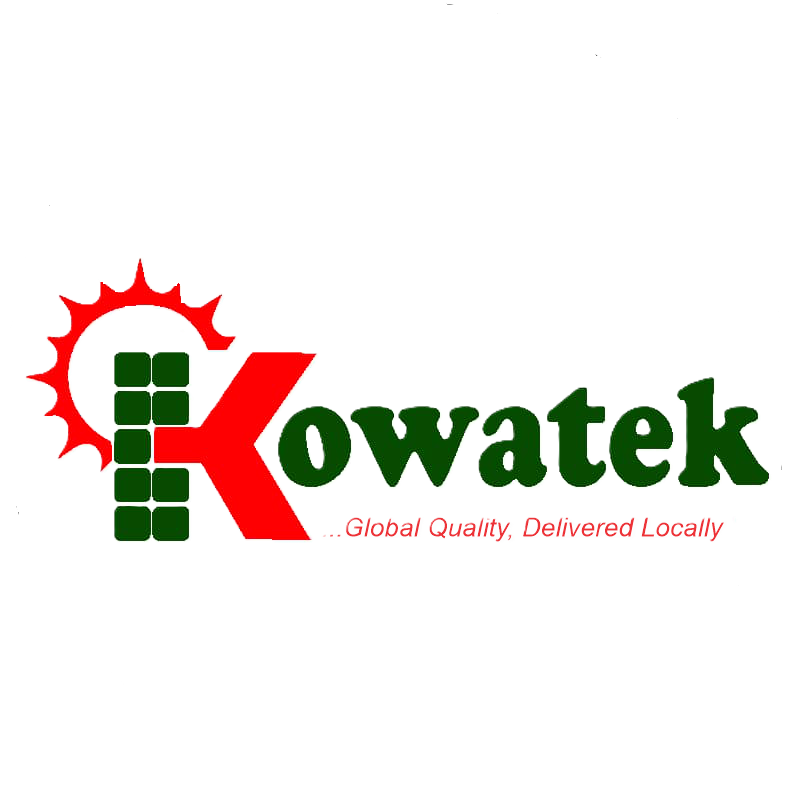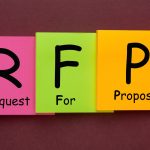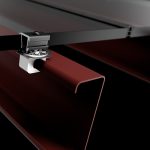1973
John Keats, poet, surgeon
“The poet John Keats died tragically in 1821 of tuberculosis at the young age of 25. But few people know that his short life spanned two careers. No. He studied medicine and was trained in surgery as long as he wrote poetry. He thinks he was pushed, resentful of it, and quit as soon as possible.No, according to British Keats biographer Robert Gittings, the poet chose his own career as a doctor and devoted himself to a sound training program. and got good grades and actually qualified as a general practitioner when he quit medicine to devote the rest of his life (four years, after all) to the joys and pains of writing.”
computer chess champion
“It has been 24 years since Claude Shannon outlined how to play chess on a computer. In , several computers were quietly vying for the US Computer Chess Championship, and the winning machine, a Control Data Corporation 6400, didn’t actually exist.The move, known as Chess 3.5, was Written relayed from Northwestern University in Evanston, Illinois This program is fundamentally different from all previous programs in that it allows you to receive advice from the masters. Scientific American In February 1950, Shannon explained why he thought the problem of chess play deserved attention: “The problem is well-defined in both the permitted actions (chess moves) and the end goal (checkmate).” It’s easy enough to be easy, but hard enough to give a satisfactory solution. Not really. “
1923
Alcohol is a fuel, not a drink
“Before Prohibition, per capita consumption of gasoline and alcoholic beverages was about the same, 20 gallons per year. Today alcohol consumption is theoretically zero, but gasoline has increased to 77 gallons. But we may live to see these ratios reversed as people get used to seeing alcohol as fuel rather than food, and the embarrassing restrictions that have been placed on alcohol for the past 500 years are removed. No. When that day comes, the government will encourage people to install home stills rather than confiscate them, so that spoiled grains, unsalable fruit, sawdust, and all kinds of waste can be turned into their own. We will be able to distill it on the ground and turn it into fuel.”
About HG Wells Scientific American
“H.G. Wells, in an article entitled ‘Everybody Should Read’, american magazine, gave us kind words. The great British historian and novelist said in part: “I think everyone should read a weekly newspaper like this.” NatureLondon’s, within its bounds, the world’s most honest and excellent newspaper, or Scientific American, to keep abreast of the ever-advancing limits of human knowledge and achievement. If there are people who cannot read such periodicals, it is time that the schools that produced them should be considered and reformed to a higher level. “
1873
Reserved bathing for birds
“It is well known that birds are shy to cleanse their bodies, but no inventor has wielded that power on behalf of the feathered tribes, and birds do not purify their bodies in public. Caged birds especially suffer, but GT Peters of Jersey City, New Jersey, recently patented a bird bath in which a hood covers the water dish. It’s only at one end, and the birds sneak into it like they’re in a tiny bathroom, enjoying a swim in water that’s clean of material falling from their perch without splashing into their cages.”












